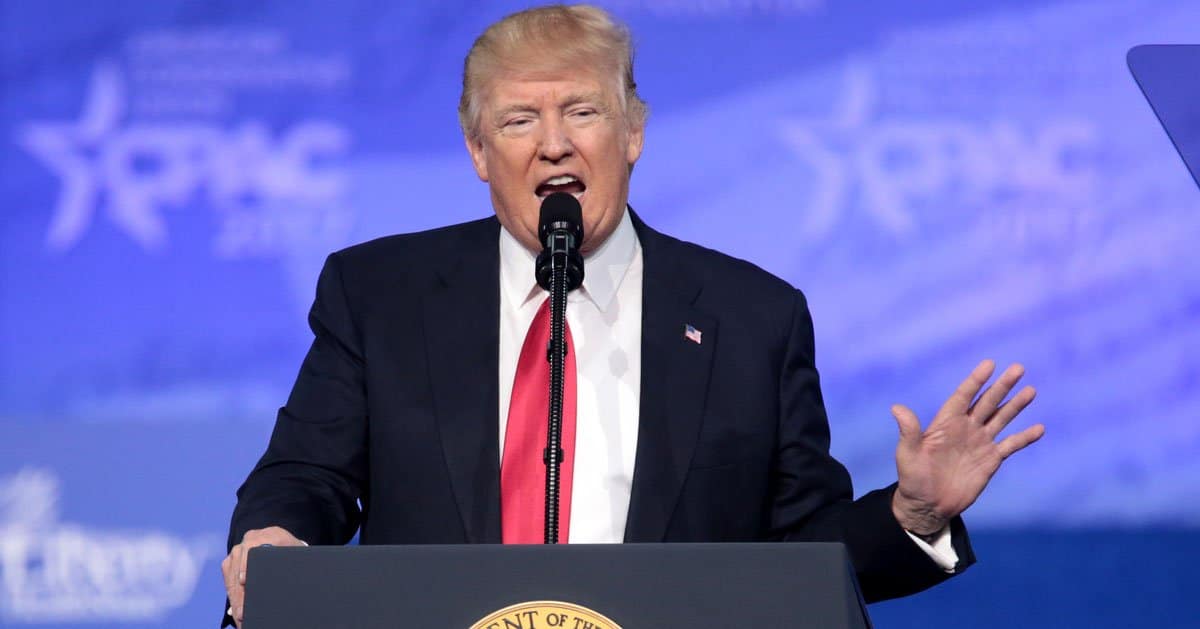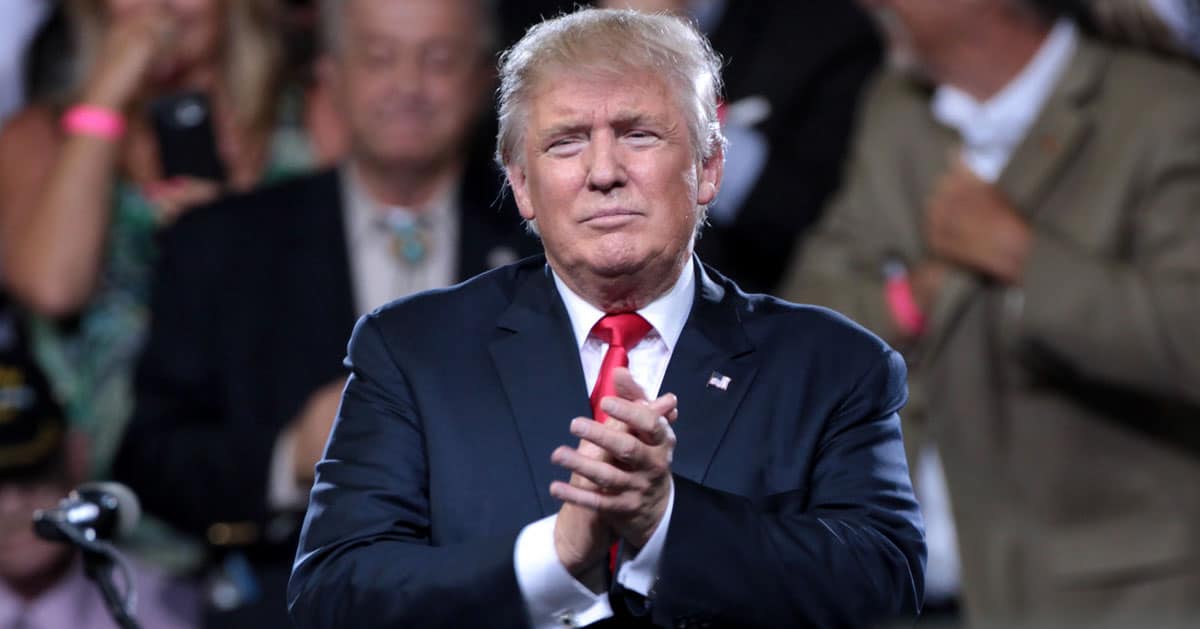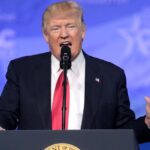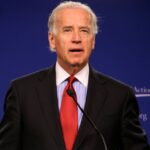




The U.S. Supreme Court has declined to consider the potential liability of Black Lives Matter activist DeRay Mckesson in a lawsuit filed by a police officer injured during a protest.
The Washington Examiner reported that the decision raises significant constitutional queries about the scope of First Amendment rights in the context of protest leadership. Mckesson argued that he couldn't be held liable for the actions of others.
The Supreme Court seemed to disagree in deciding that McKesson's position as the protest leader made him liable for the actions of those who joined him.
The roots of the lawsuit trace back to a protest in Baton Rouge, Louisiana, in July 2016. This event was part of the widespread response to the police killing of Alton Sterling, a black man. DeRay Mckesson, a notable activist, was one of the leading figures at the demonstration.
During the protest, a police officer was struck and injured by a piece of rock or concrete. The assailant was never identified. This incident prompted the injured officer to sue Mckesson, alleging that he should bear responsibility for the actions of other protesters.
The lawsuit posits that Mckesson's role in organizing and leading the event indirectly contributed to the circumstances that led to the officer's injury.
Initially, a federal judge ruled that Mckesson could not be held liable for the actions of an unidentified protester. However, this decision was later overturned by the U.S. Court of Appeals for the 5th Circuit, which led to further legal complications and appeals.
The case then reached the Louisiana Supreme Court. It ruled that the officer's lawsuit could proceed under state law, a decision that reinforced the appellate court's earlier ruling.
In 2022, the 5th Circuit reaffirmed that the lawsuit against Mckesson could continue, prompting him to seek intervention from the U.S. Supreme Court.
The Supreme Court's decision to not review the case came without a detailed explanation. However, Justice Sonia Sotomayor noted that recent developments in a related case, Counterman v. Colorado, could influence how Mckesson's case proceeds in the lower courts.
"This expresses no view about the merits of Mckesson’s claim," stated Justice Sotomayor, suggesting that the decision not to hear the case was procedural rather than a commentary on the underlying legal issues.
The implications of Counterman v. Colorado are significant, as this case dealt with the limits of the First Amendment in the context of true threats, potentially providing a relevant legal framework for Mckesson's appeal.
The American Civil Liberties Union (ACLU), representing Mckesson, argues that his activities during the protest are protected under the First Amendment, which covers freedom of speech and assembly. This fundamental constitutional protection is central to the ongoing legal debates surrounding protest leadership and liability.
In Counterman v. Colorado, the majority of justices took a stance that could potentially favor Mckesson’s defense against claims of indirect liability. This development has added another layer of complexity to the legal battles over First Amendment rights.
Justices Clarence Thomas and Amy Coney Barrett expressed dissent in the Counterman decision, highlighting the ongoing debate within the court about the boundaries of protected speech. Justice Barrett criticized the majority, saying, "It should be easy to choose between these positions" and decried what she viewed as "preferential treatment" of true threats.
The refusal of the Supreme Court to engage with Mckesson's case does not end the legal proceedings but rather sends it back to the lower courts where previous rulings can now be reconsidered in light of new Supreme Court interpretations on related First Amendment issues.
The outcome of this legal saga will likely have lasting implications on how protest activities are conducted and led in the United States, especially concerning the responsibilities and liabilities of those who organize such events.
As Mckesson’s legal battle continues, the focus will remain on how broadly or narrowly the courts interpret the rights afforded by the First Amendment in the context of protests and their organization.
The Supreme Court's decision not to hear the DeRay Mckesson case leaves open significant questions about the extent to which
individuals who organize protests can be held responsible for the actions of participants. This issue, central to the evolving landscape of American civil rights and legal precedent, remains unresolved as the case returns to the lower courts for further consideration.



